Spotlight on the Swamp
After three years of the Trump administration, the D.C. swamp is worse, not better.
A stronghold for wealthy special interests.
In 2020, Washington, D.C., remains a place where wealthy special interests buy access and influence. While they have an outsized impact on policymaking, those who can’t afford to pay to play are often shut out. Too many members of Congress from both parties spend too much of their time dialing for dollars from those same special interests. At the same time, a troubling number of key officials in the Trump administration have been dogged by conflicts of interest. The dividing lines between private business interests and duty to the country are being blurred, including by the president. Poll after poll shows that Americans’ trust in government remains near historic lows, with Washington paralyzed by partisan polarization.
Increasingly, the durability of our democracy is being tested on a daily basis as we grapple with attacks on our political norms, an urgent reckoning with racial justice, and a once-in-a-century pandemic. But our country has a history of making progress in times of crisis. We must do so again.
It’s time to fix our broken political system.
And we can.
How did we determine that the swamp is swampier?
We looked at three issues:

Has lobbyist influence been reduced and the revolving door slowed?
No.
Since 2016, lobbying spending has increased every year, reaching $3.47 billion in 2019, as has the number of registered lobbyists. The Trump administration has brought in almost 300 former lobbyists since it began and named more former lobbyists to Cabinet-level posts than the past two presidents did during their eight-year terms.
At the same time, lawmakers continue to spin through the “revolving door” on Capitol Hill, cashing in to lobby for “K Street.” Currently, almost 400 former members of Congress have registered as lobbyists — and that doesn’t even include the “shadow lobbyists” who evade registration because of the weak lobby disclosure laws.

Has donor access and the “pay-to-play” system been reduced?
No.
Access-and-influence buying still dominates Capitol Hill, with the majority of members of Congress filling their campaign coffers predominantly with money from special-interest PACs and wealthy individuals. A growing amount of unaccountable, secret money is flowing into elections, as well-heeled donors seek to influence the outcome of elections and policymaking without ever having to reveal who they are. Deep-pocketed donors — some of whom gave to the Trump administration’s inaugural committee — have received plum Cabinet positions, ambassadorships, and increased access in Washington. The line between supposedly “independent” spending by outside groups permitted by the law is increasingly blurred by candidates who, with a wink and a nod, test the limits, knowing that there is no “cop on the beat” if they go over the line.

Is D.C. more ethical and accountable?
No.
The Trump administration has been plagued by endless ethics scandals — from the intermingling of official business with personal financial gain, to refusals to divest to repeated violations of the Hatch Act without punishment.
In Congress, members continue to use money overwhelmingly from special interests to live lavish lifestyles under the guise of campaign activity. Meanwhile, the congressional ethics committees continue to fall far short of meaningful enforcement, with the Senate Ethics Committee having found no ethics violations in more than a decade. Moreover, the decision of who chairs House committees is often influenced by who has raised the most campaign money.
It’s clear. The swamp is swampier than ever. The time for reform is now.
Stay connected with us!
Sign up with your email address to receive news and updates from Issue One Action.
All photos from Getty Images.
